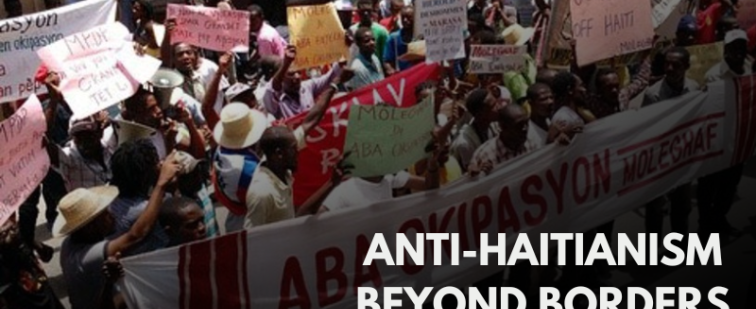Home
With a string of huge new oil discoveries, pundits are wondering whether Brazil will become the next Venezuela—a poverty-stricken country that uses windfall oil profits to improve social welfare. Multinational companies are already jockeying for sweetheart deals, while social movements are busy forming strategies that will push the government—whether through higher royalty rates or outright nationalization—to make sure the potential profits do more than line the pockets of a few board room fat cats in the oil industry.
The fiery recent plane crash that killed the Mexican government's top anti-drug officials is an apt metaphor for the current state of President Felipe Calderón's drug war, which, after an embarrassing round of high-level arrests of anti-narcotics officials, appears to be similarly going down in flames.
The Brazilian capital's booming real estate industry and its allies in the local government are scheming to takeover the Bananal, a ranch-turned-sanctuary for indigenous groups living in the city's periphery. Real estate speculators want to pave over the Bananal and build a luxurious development complex to accommodate Brasília's richest residents. With police raids and court rulings against them, the indigenous groups have been left with few options.
 |
By August 2002, the region of Putumayo in southern Colombia had become ground zero for Washington's war on drugs: Plan Colombia was beginning to pick up steam, the cocaine trade was thriving, and illegal armed groups had reached the height of their power. In this excerpt from his new book Beyond Bogotá: Diary of a Drug War Journalist in Colombia, Garry Leech chronicles this toxic cauldron of violence and cocaine in a region that to this day remains one of the bloodiest in the country's armed conflict.
For the last five years, the countries of the Mercosur economic bloc have been riding a wave of economic growth mostly thanks to high commodity prices. During the boom, some countries of the bloc began efforts to reduce their dependence on U.S. financial markets with those windfall profits. Those initial efforts were good but insufficient. Still, the Mercosur countries have options available to help them weather the storm—if they move fast.
The Puerto Rican Federation of Teachers (FMPR) recently defeated the powerful SEIU labor organization in elections over representation of the island's public school teachers. During the conflict over representation, the SEIU leadership joined forces with the pro-corporate Puerto Rican government to undermine the militant FMPR. Despite the dirty tricks, the FMPR persevered, marking an important victory for autonomy in Latin America's labor movements.
Regional elections in Venezuela on November 23 could have critical ramifications for the Bolivarian movement led by President Hugo Chávez. If the re-grouped opposition makes significant electoral gains, Chávez's long-term aspirations could be significantly complicated. The elections come at a time when dwindling oil prices and the economic crisis have created unexpected obstacles to Chávez’s ambitious foreign policy agenda.
Venezuela's local elections on November 23 are the first major test for the government of Hugo Chávez since his socialist-oriented constitutional reforms were defeated last year. Although the elections are unlikely to dramatically shift the national balance of power, the results will help gauge the momentum of Chávez's project to create a “twenty-first century socialism."
The leftist FMLN party is the current favorite to win El Salvador's March 2009 presidential elections. Besides the economic downturn, the party's success at the polls is being driven by a series of political innovations that have helped broaden the party's appeal and boost its inclusiveness—both at home and abroad. Could this new strategy make El Salvador the next Latin American country to make a turn to the left?
The U.S. government’s huge new Immigration and Customs Enforcement agency (ICE) was established to battle a new kind of domestic enemy, undocumented immigration. Yet the creation of ICE was not so much motivated by a perceived need to enforce migration policy as by a desire to build up the domestic security apparatus.












